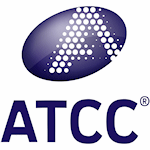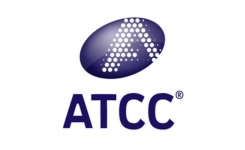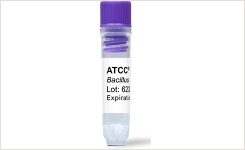 Billions of people worldwide are at risk from microorganisms transmitted by mosquitoes, ticks, fleas, and other vectors. Due to the complexity of vector-borne pathogen transmission, and the unpredictable nature of insect vectors, vector-borne illnesses are among the most difficult infectious diseases to predict, prevent, and control.
Billions of people worldwide are at risk from microorganisms transmitted by mosquitoes, ticks, fleas, and other vectors. Due to the complexity of vector-borne pathogen transmission, and the unpredictable nature of insect vectors, vector-borne illnesses are among the most difficult infectious diseases to predict, prevent, and control.
To help support the development of molecular-based assays for pathogen detection or quantification, ATCC is pleased to announce the release of genomic DNA isolated from Babesia microti, and synthetically-derived RNA representing Dengue virus types I-IV.
| ATCC® No. | Product | Format | Quantity |
| 30221D | Genomic Babesia microti DNA | Frozen | ≥ 5 x 103 copies/µL |
| VR-3228SD | Synthetic Dengue virus type 1 RNA | Frozen | 1x 105 – 1 x 106 copies/ µL |
| VR-3229SD | Synthetic Dengue virus type 2 RNA | Frozen | 1x 105 – 1 x 106 copies/ µL |
| VR-3230SD | Synthetic Dengue virus type 3 RNA | Frozen | 1x 105 – 1 x 106 copies/ µL |
| VR-3231SD | Synthetic Dengue virus type 4 RNA | Frozen | 1x 105 – 1 x 106 copies/ µL |
These ATCC® Genuine Nucleics can be used for assay development, verification, validation, monitoring of day-to-day test variation, and lot-to-lot performance of molecular-based assays. Moreover, their quantitative format allows for the generation of a standard curve for quantitative PCR (qPCR).
For more information on vector-borne illnesses, or to search for strains and nucleic acids to support your research, please visit us online at www.atcc.org/vectorborne.
















